- Home
- the science
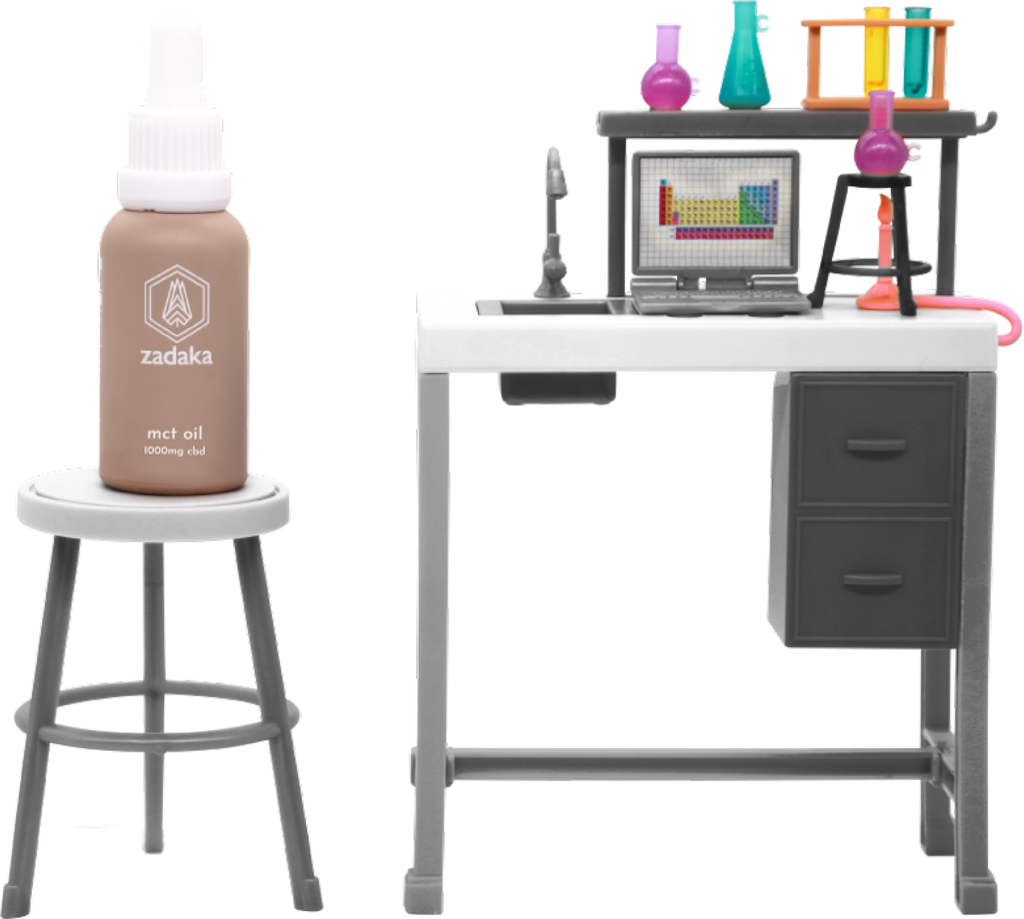
the science
aka all your cbd questions answered
so wtf is hemp?
hint: it's not 'marijuana'
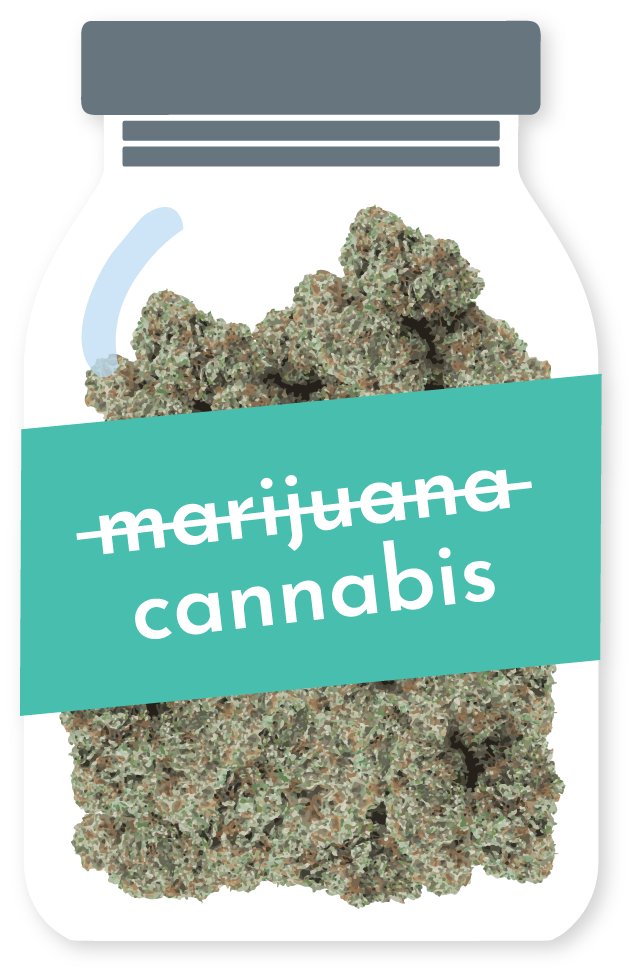
hemp is a term used to classify cannabis that contains less than 0.3% thc content by dry weight.
far from a new kid on the block, hemp has been cultivated and used for many purposes by humans for 1000s of years.
in the early 1900's, hemp was demonized by the american paper industry which, in turn, halted cultivation and created a stigma that hurt its reputation for decades to come.
more recently, we've realized how silly we were for ever doing that and re-discovered the incredible potential that the cannabis plant has to offer -- from an industrial as well as a medicinal standpoint.
while we know that cannabis has many uses, we're barely touching the surface on discovering how truly incredible it is. how exciting is that?!

what is cbd?

cannabidiol (better known as cbd) is one of 100+ beneficial compounds aka cannabinoids that are found in the cannabis plant. currently being studied around the world, cbd is widely touted for its adaptogenic properties. think of cbd like nutrients for your endocannabinoid system which helps maintain homeostasis in our bodies.
what does cbd do?

antioxidant
defends against free radicals and
prevent (or slow) oxidative
damage throughout the body

anti-swelling
may help to reduce swelling in the brain and nervous system

neuroprotectant
promotes proper brain function
and helps maintain healthy
blood flow to the brain

anti-convulsant
acts as a capable anti-convulsant
in both maximal electroshock
and audiogenic seizure tests

analgesic
may assist with aches and soreness
by binding with pain receptors
to offer protection and relief
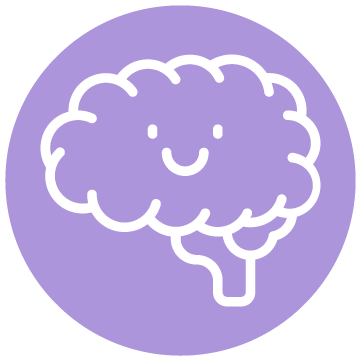
anxiolytic
may help with mood
by optimizing serotonin
production and availability

the entourage effect

the interactive synergy between the wide spectrum of cannabinoids and terpenes is referred to as the entourage effect. it has been shown that the pairing of multiple cannabinoids and terpenes is superior medicinally vs. simply ingesting a singular molecule e.g. isolated cbd.
the wide world of hemp extracts
while cbd itself is a simple molecule, there is a major difference
between the types of hemp extracts you will find on the market.
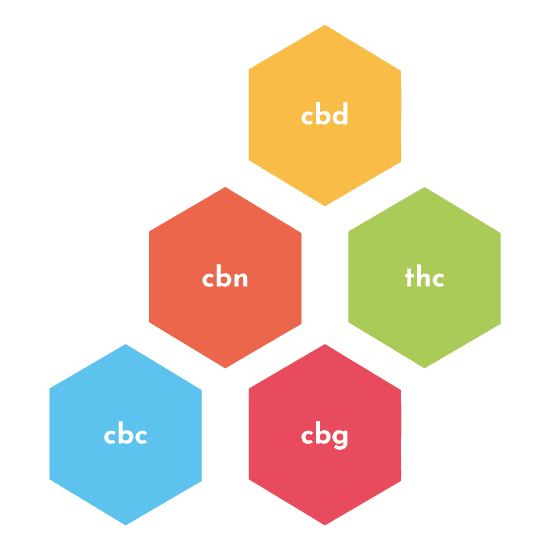
full spectrum
cannabinoids and
terpenes with thc
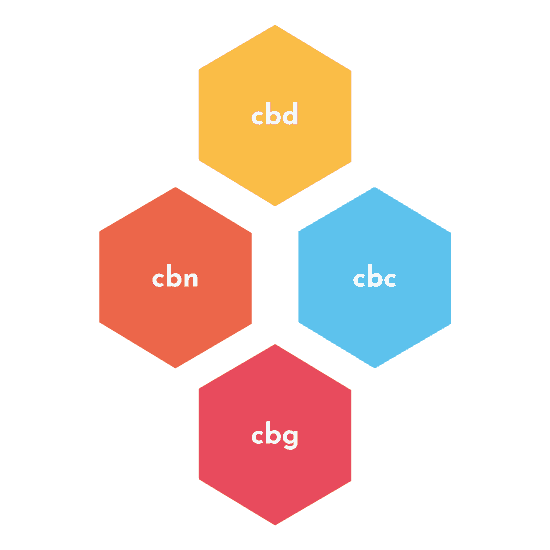
broad spectrum
cannabinoids and
terpenes sans thc

isolate
just cbd by itself
hemp seed oil vs hemp flower extract
we're here to set the record straight once and for all.
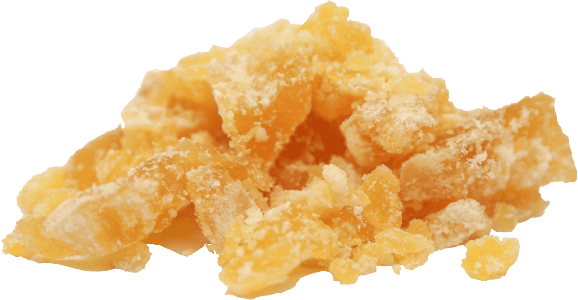
hemp flower extract
hemp flower extract is generally extracted via supercritical co2 or ethanol and -- differing from hemp seed oil -- is extracted from (you guessed it) the tops aka flowers of the hemp plants. usually, hemp flower extract is cbd-rich and also contains essential terpenes, fatty acids, and other cannabinoids.
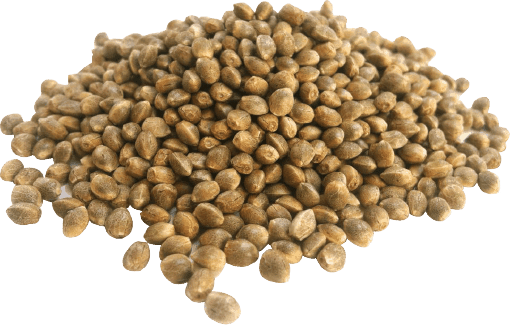
hemp seed oil
hemp seed oil is made from cold pressed hemp seeds. hemp seed oil is rich in essential fatty acids and antioxidants and is extremely healthy with many benefits in its own right, but it typically contains very little to no cbd content. many brands are out there selling hemp seed oil and claiming cbd, so beware.
the
endocannabinoid
system
discovered in the 90s, the ecs helps maintain homeostasis and regulate internal functions. homeostasis is the ability to maintain stability in an organism to account for environmental changes. basically, think of homeostasis as your body’s equilibruim and endocannabinoids as the tiny chemical engineers keeping it running at 100%.
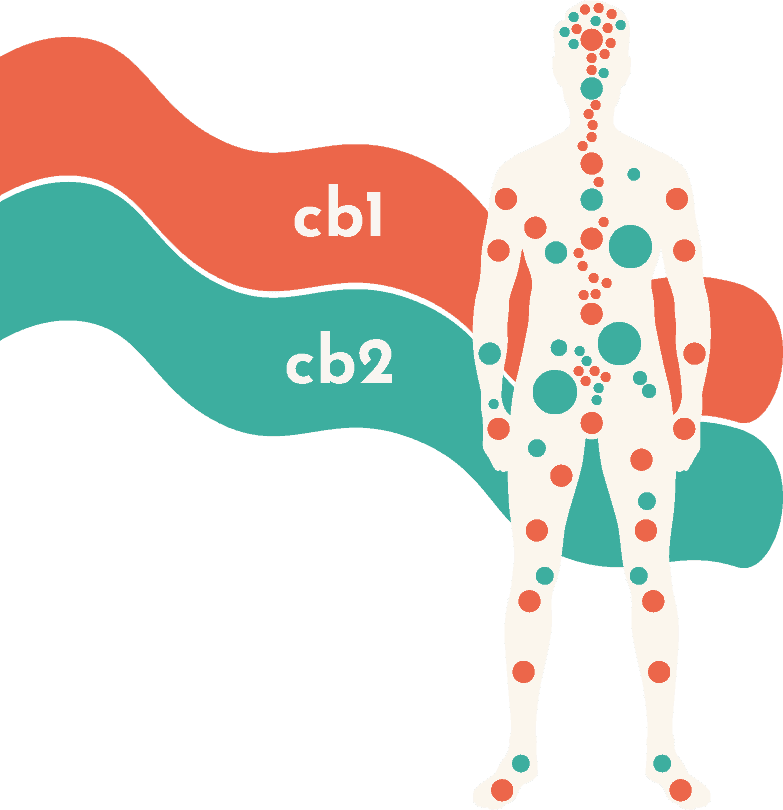
cb1 receptors
can be found primarily in the brain and central nervous system, but are also present in your lungs, liver, kidneys and reproductive organs. modern research has found that cb1 receptors play a part in memory retention, motor functions, appetite, pain sensation, mood, and sleep.
cb2 receptors
located predominantly in the immune system with the highest concentration located in the spleen. when activated, cb2 receptors can stimulate a response that helps fight inflammation and reduces damage to tissues.
the ecs & your pets

the ecs & your pets
did you know that every single mammal has an endocannabinoid system? that's right, your fur-babies and equestrian friends can benefit from cannabinoids as well.
if your pets have bad separation anxiety or an unexplainable fear of cucumbers, cbd may help them keep their chill. in anecdotal studies, pets have also shown benefits from cbd for joint pain as well as for overall energy levels.

tl;dr
think of cannabinoids as nutrients for the body's system that helps regulate...
-

sleep
-

pain
-

memory
-

immunity
-
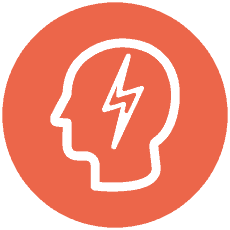
stress response
-

energy levels
-
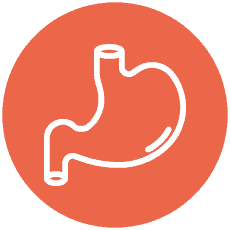
digestion
-

hormones
-

mood










